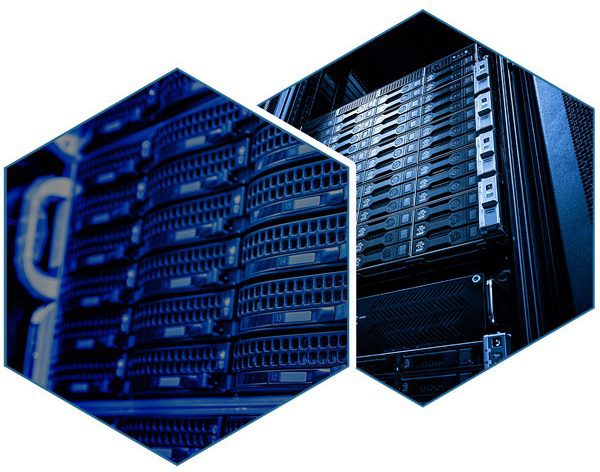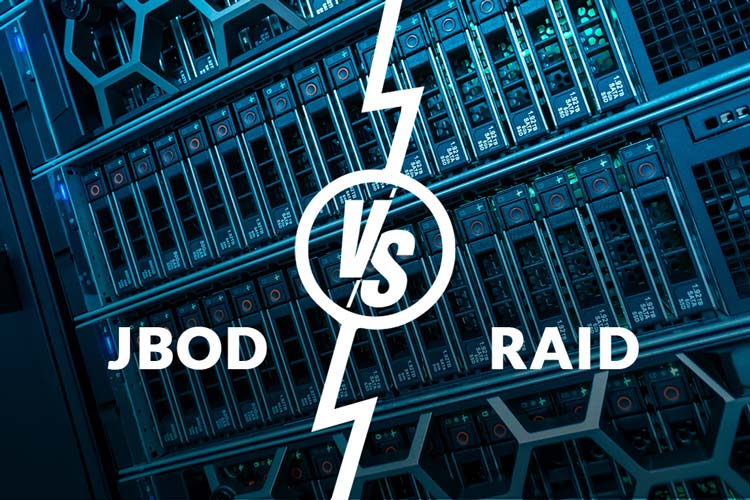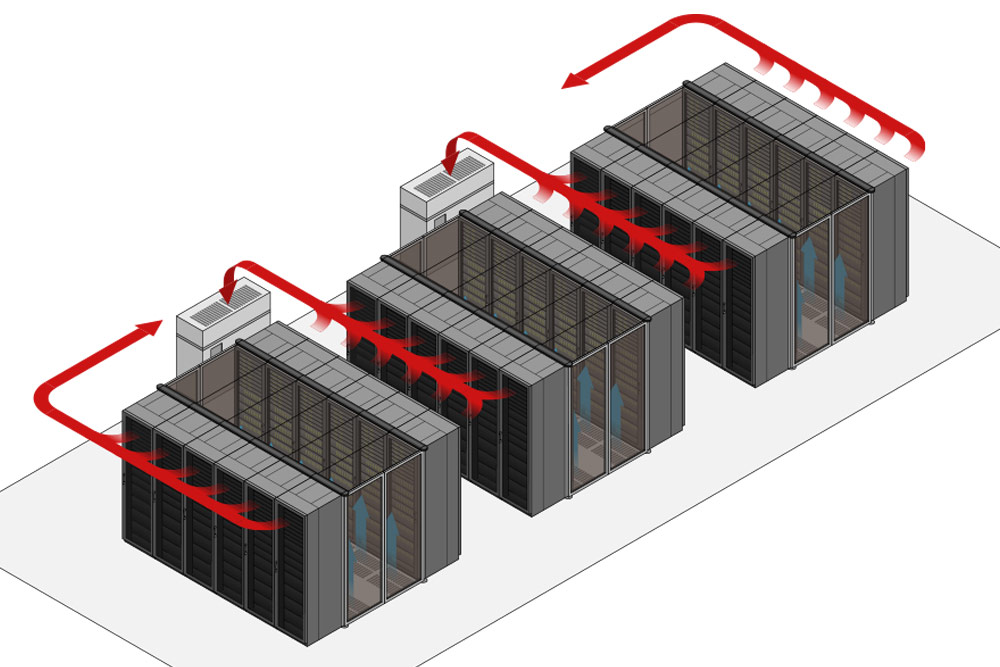More organizations and businesses are moving to Ceph storage as data production crystallizes around edge computing.
While Ceph was designed for High-Performance Computing (HPC) environments, it has attracted the interest of organizations looking for a unified cluster system that can handle blocks, data lakes, and high-growth files.
Backup and storage solutions assume paramount importance these days when data piles up in terabytes and petabytes, and the loss of it can be catastrophic. Ceph is the next-generation, open-source, distributed object store-based low-cost storage solution for petabyte-scale storage that encourages sustainable growth.
What is Ceph Storage?
Ceph is a self-healing and self-managed open-source storage platform that allows block, file, and object storage from a single system. Ceph storage is a software-defined storage solution that distributes data across clusters of storage resources.
Because of its self-healing design, Ceph can resolve outages on its own, allowing data center customers to reduce administrator and budget expenses significantly.
Ceph seeks to enable users to distribute operations and eliminate a single point of failure. It is scalable to the exabyte level. In addition, Ceph runs on commodity hardware and can replicate data for fault tolerance.
You can scale the Ceph storage cluster as your needs change. You can even configure it for data security via redundancy and high- availability by removing single points of failure.
Even more impressive, Ceph is incredibly stable, high-performing, and you don’t have to pay licensing fees to use it.

How Does Ceph Storage Work?
Ceph uses five fully distributed daemons running in the same set of servers as follows:
- Ceph Monitors: These allow users to track operational and failed cluster nodes.
- Metadata Servers: These store directories and inodes metadata.
- Ceph Managers: These work together with monitor daemons. They offer extra interfaces to management systems and external monitoring.
- Representational State Transfer: These allow you to connect the object storage layer to OpenStack Swift APIs.
- Object Storage Devices: These store critical data files.
Side Note: You can interact directly with these daemons because of their distribution setup.
The deployment of a single or multiple Ceph monitor and object storage devices is called a storage cluster.
When used, Ceph’s filesystem, block devices, and object storage read and write data to the storage cluster.
Ceph object storage devices store data as nodes within the cluster. A Ceph storage cluster can have thousands of storage nodes.
Further, Ceph deploys distributed object storage within the storage system. Distributed object storage is a computer data storage architecture that handles data as objects.
Side Note: Ceph’s way of managing data differs from other storage architectures because it uses a file hierarchy system.
Ceph’s software libraries give users direct access to the autonomic distributed object store (Rados), an object-based storage system.
Ceph Core Highlights
Ceph offers three core features.
Scalability
The ability to scale in performance and capacity is the primary reason most data center customers love Ceph.
If your data storage needs exceed your initial Ceph setting, you can add more servers and hard drives to ramp up capacity. You can even add a single hard drive if that’s what you need to do to increase capacity at a particular time.
Data Security
Ceph allows you to erase or replicate coding to achieve superior data security. You can equate erasure coding to RAID parity at the hard drive level.
You can also implement replication or erasure coding at the server or a higher level for added security.
High Availability
You can ensure higher availability by duplicating your Ceph storage server on other Ceph storage nodes.
Further, Ceph’s risk tolerance allows you to create a single storage cluster with no single point of failure by using several disks over multiple Ceph servers.

Ceph Perks for Data Center Users
Ceph offers a range of benefits for data center customers, including:
Installation and Operation Simplicity
Moving to a software-based storage system can be overwhelming. Yet, that shouldn’t be cause for concern with Ceph.
By design, Ceph makes it easy to shift by allowing users to combine objects and block storage in the same cluster.
In addition, you don’t have to incur the costs of managing multiple storage services through different technologies and APIs.
Besides, Ceph storage offers a thoroughly distributed architecture that enables swift and seamless integration with broader infrastructure like Kubernetes and OpenStack.
Further, Ceph’s operability allows it to configure storage more efficiently.
Reasonable Pricing
Ceph offers a price advantage you won’t get with most data storage solutions.
It can help organizations and businesses significantly cut down data storage costs. In addition, Ceph helps lower capital expenditure because it runs on commodity hardware servers.
Moreover, Ceph can help reduce operating expenses since its self-healing and self-managing.
Versatility
Ceph is ideal for businesses and organizations of all sizes and industries. It can grow, expand or shrink with your current workload and as per your needs.
Scalability
Ceph thrives on its remarkable scalability.
As stated, Ceph nodes run on intelligent daemons and commodity hardware. This setup allows Ceph Storage Cluster to accommodate a huge number of nodes, interacting with each other to dynamically redistribute and replicate data.
Further, Ceph;
- It Lets users create a file storage system that enables them to leverage everything the platform offers.
- Is POSIX complaint.
- Can interact with almost any application created to handle files
- Can share files with Common Internet File Systems (CIFS) and Network File Systems (NFS).
- Allows you to use HDDs and SSDs in the same file system.
- Offers flexible Metadata caching, enabling it to handle files and directories with many inodes.
Ceph – Your Perfect Cloud Partner
Because of its ability to scale with your needs and provide fault management monitoring, Ceph is a good storage solution for a private cloud environment.
The platform can handle massive data storage needs, making it ideal for the cloud, OpenStack and Kubernetes.
In addition, Ceph is self-healing and self-managed, which means you can maintain a lean IT department and diverts resources to other areas that spur your business’s growth.
Volico Data Centers – Your Ceph Storage Cluster Management Solution
Volico is at the forefront when it comes to adapting new storage technologies and platforms.
We’ve implemented Ceph Storage in our colocation facilities and have firsthand experience with what that platform can do for your business or organization.
The best part?
We can help you get well-acquainted with Ceph storage and how to can leverage it to enhance your storage.
If you’d like to learn more about Ceph and how you can use it to optimize and increase your IT systems’ footprint, feel free to call us at 888 865 4261 or Chat. We’ll assign you one of our Ceph storage experts to help determine how your business can leverage the solution.
We’ve helped organizations and businesses of all sizes set up Ceph. Let’s talk.













